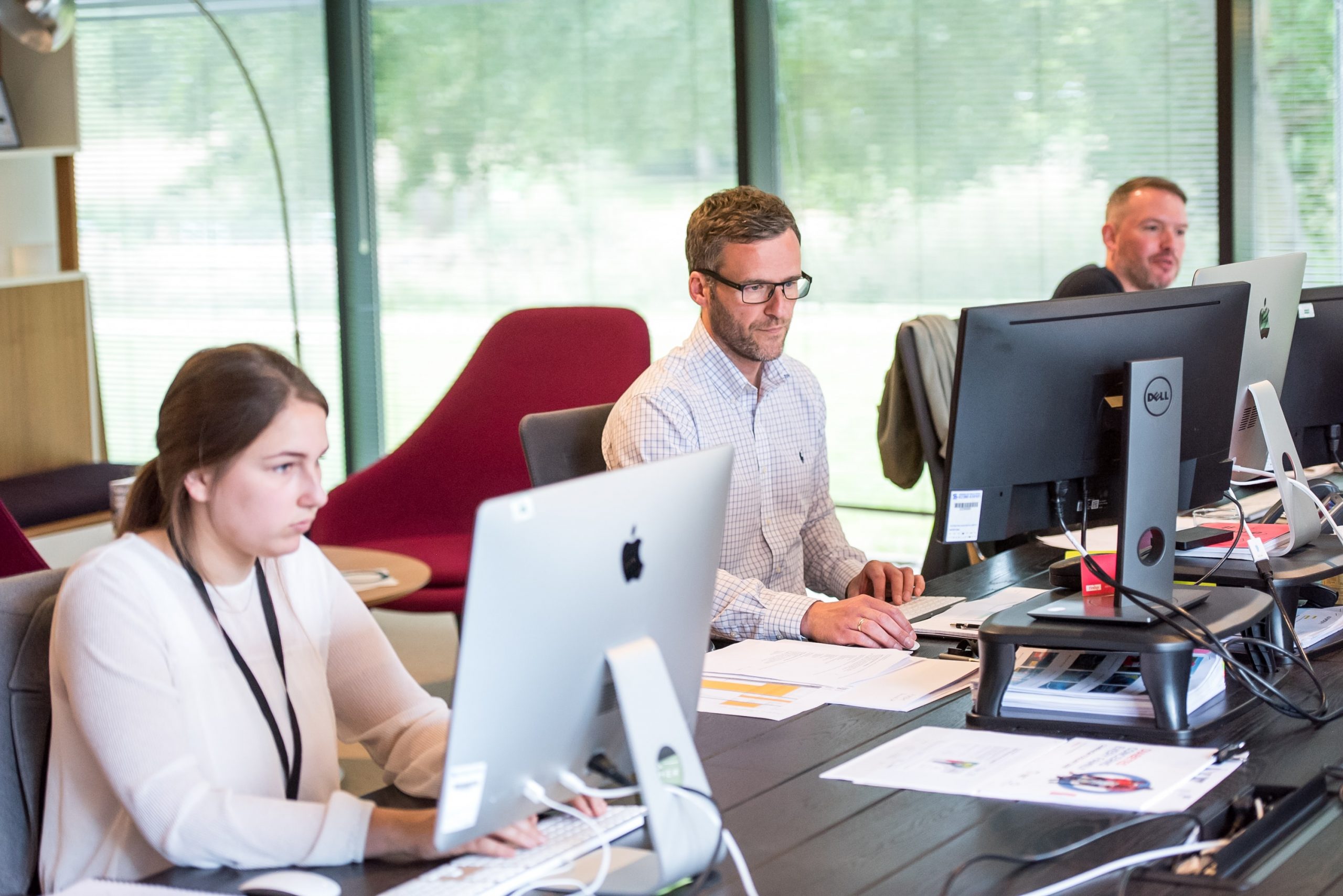Office workers are closely supervised by their line manager. Non work conversations are discouraged as employees are expected to get on with their work and not distract colleagues. Breaks are strictly monitored. If tasks are not finished at the end of the day the individual is expected to stay till they are. There is no overtime. Employees routinely work over partly to demonstrate to their manager how hard they are working partly because they know from experience if they finish on time their manager will assume they didn’t have enough to do. It is within this industrial relations climate that the practice of Squeezing the Second came about.
Outside every office can be seen employees just waiting till to the exact moment their shift starts. No one is late, being on time is very important but being early even by a few minutes is unacceptable. This is not management’s view but that of colleagues. It’s a form of rebellion , if management insist we stay till the jobs finished then we won’t start till dead on the dot. It’s such a common practise that it has a name, it’s called, “ya Miao “ which means Squeeze the Second.
This is the state of industrial relations in Taiwan it’s like a throw back to another time. But are we so sure that it is a throw back. How managers behave and how staff react seems fairly universal. I’m not convinced this is culturally specific behaviour indicative of the Asia workers so called passive resistance. Basically this situation reflects managers distrust of their employees. A belief that employees will take every opportunity to slacken the pace unless managers are standing over them ( virtually if not physically).
That the role of a manager is to ensure that employees are working to their maximum every minute of the working day. Sometimes the impression is given that, “working hard “ is more important than the quality of work. Although the suspicion must be that it’s often easier for managers to ensure people are at their computer working on their allocated tasks than to assess and challenge the quality of work.
Within our office culture there are plenty of examples of managers expecting commitment to be demonstrated by long hours at the work station and plenty of examples of employees finding ways to give the impression they are working when in fact they are not.
For many organisations the pandemic has raised the question what is the role of the manager and is it the same as it was before the pandemic? Is management about getting the most out of employees or the best, it can’t be both.









